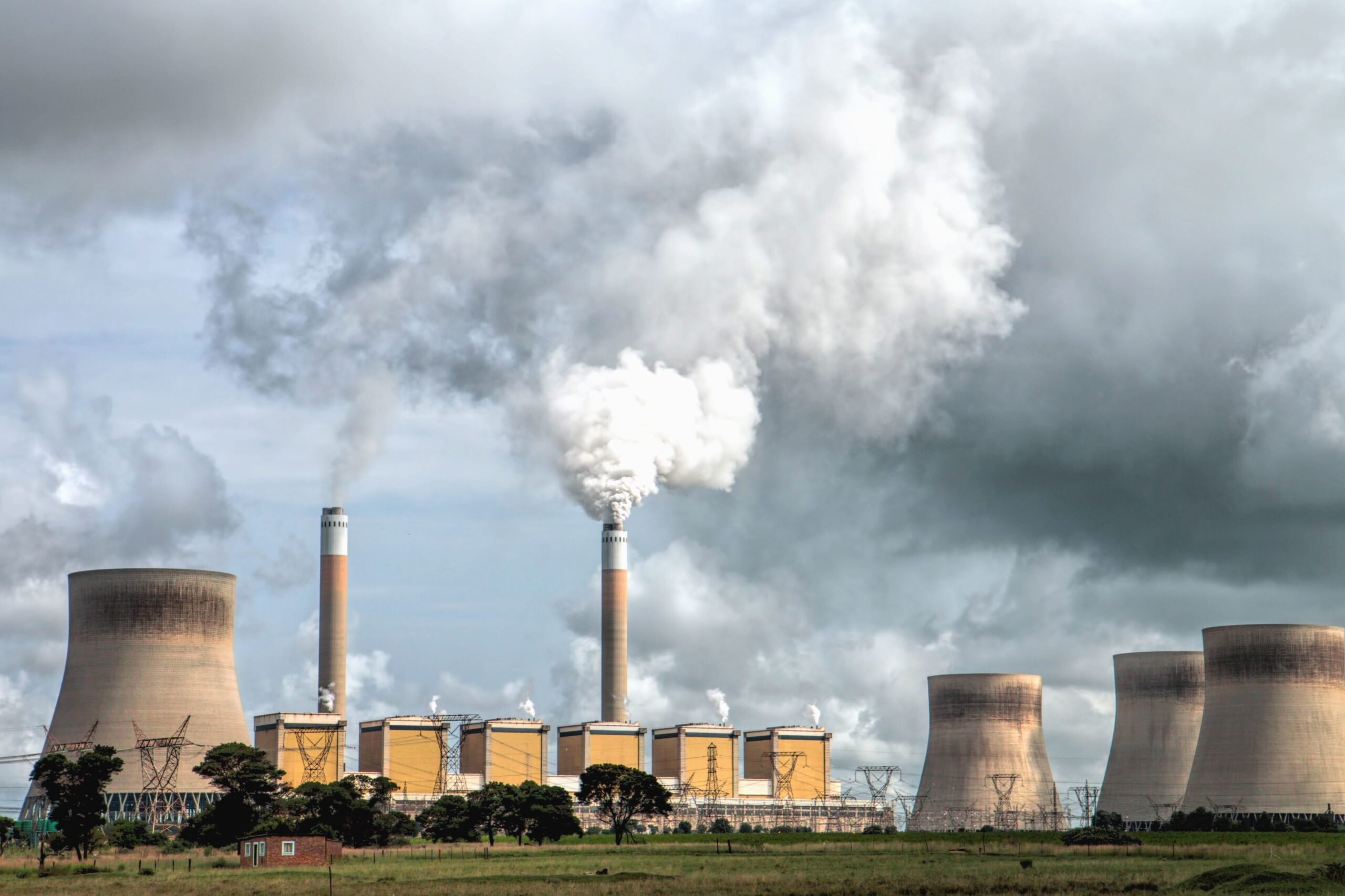‘Sustainable’ gas and nuclear in the EU taxonomy? A ‘disgrace’ for SfC

Mauro Meggiolaro, coordinator of the European investor network SfC – Shareholders for Change, said:
“This proposal is a disgrace because it is not science based. We don’t need a taxonomy that reflects a lukewarm compromise between the interests of European Member States. The proposals included in the non-paper threaten to seriously damage the credibility of the taxonomy and of the entire sustainable finance push by the EU. Not least because the taxonomy will be the basis for the ‘label’ given to sustainable investments. If it is relatively easy to get a label that is based on weak criteria, the label will no longer have any value and the entire sustainable finance industry will be discredited“.
The criteria on gas outlined in the confidential non-paper are radically weaker even than a previous Commission proposal, which was withdrawn following a public outcry by scientists, financial institutions, and civil society. The non-paper criteria would allow many gas plants commissioned up to 2030 to be classified as “green”. These “green” gas plants could start operations in 2035 or later, in complete contradiction with the International Energy Agency’s Net Zero scenario, which states that, in order to keep the global temperature rise to 1.5°C, there must be no investments in new fossil fuel projects and gas plants must be shut down by 2035 in industrialised countries, as explained by the WWF European Policy Office in a press release.
“Regarding nuclear energy“, continues Mauro Meggiolaro, “it is true that it may be considered as almost carbon-free. However, it is a very expensive, slow technology that can’t be rapidly deployed to face the actual crisis. Moreover, it is highly water-intensive, and it does not comply with the transition to a circular economy because of the radioactive waste and the finite resources of uranium. Last but not least, the risk of pollution in the event of a nuclear accident is disastrous. Thus, in our view nuclear energy should not pass the ‘Do No Significant Harm’ (DNSH) criterion outlined in the taxonomy.”